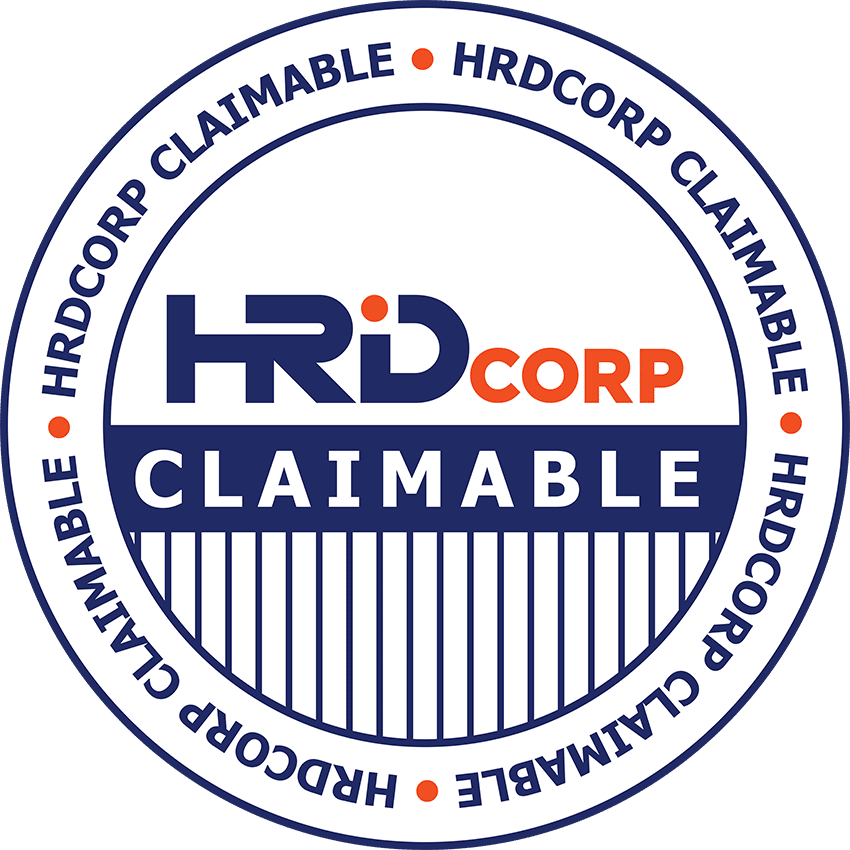Overview
The Robotic Process Automation (RPA) Design & Development course offers comprehensive knowledge and professional-level skills focused on developing and deploying software robots. The course assumes no prior knowledge of RPA. It starts with the basic concepts of Robotic Process Automation. It further builds on these concepts and introduces key RPA Design and Development strategies and methodologies, specifically in the context of UiPath products. A student undergoing the course shall develop the competence to design and develop a robot for a defined process.
The course also prepares the student for UiPath-ADA – UiPath Automation Developer Associate exam. The course consists of 40 hours of a theory component and an associated 20 hours of practice/lab exercises component.
Skills Covered
Upon successful completion of this UiPath Certified RPA Associate course, students should be able to:
- Prepare to become Junior RPA Developers
- Learn the basic concepts of Robotic Process Automation
- Develop familiarity and deep understanding of UiPath tools
- Develop the ability to independently design and create robots for business processes
- Develop skills required to pass UiPath RPA Associate v1.0 Exam
Who Should Attend
This course is intended for industry professionals and University Engineering students who want to acquire the skills of designing and developing robots for process automation.
Course Curriculum
Course Modules
Exam & Certification
UiPath Certified Professional Automation Developer Associate
UiPath Certified Professional Automation Developer Associate is for professionals who want to build, assess, and demonstrate their Automation skills. It is also a recommended foundational level certification to become Advanced Automation Developers, Solution Architects, or Automation Architects:
- Assesses your problem-solving and process identification skills
Tests your ability to build simple automation solutions
Suitable for any knowledge worker including Junior Automation Developers, Architects, Solution Architects, Business Analysts, Accountants, college graduates, and others. If you are an experienced Automation Developer, you may skip the associate level.






